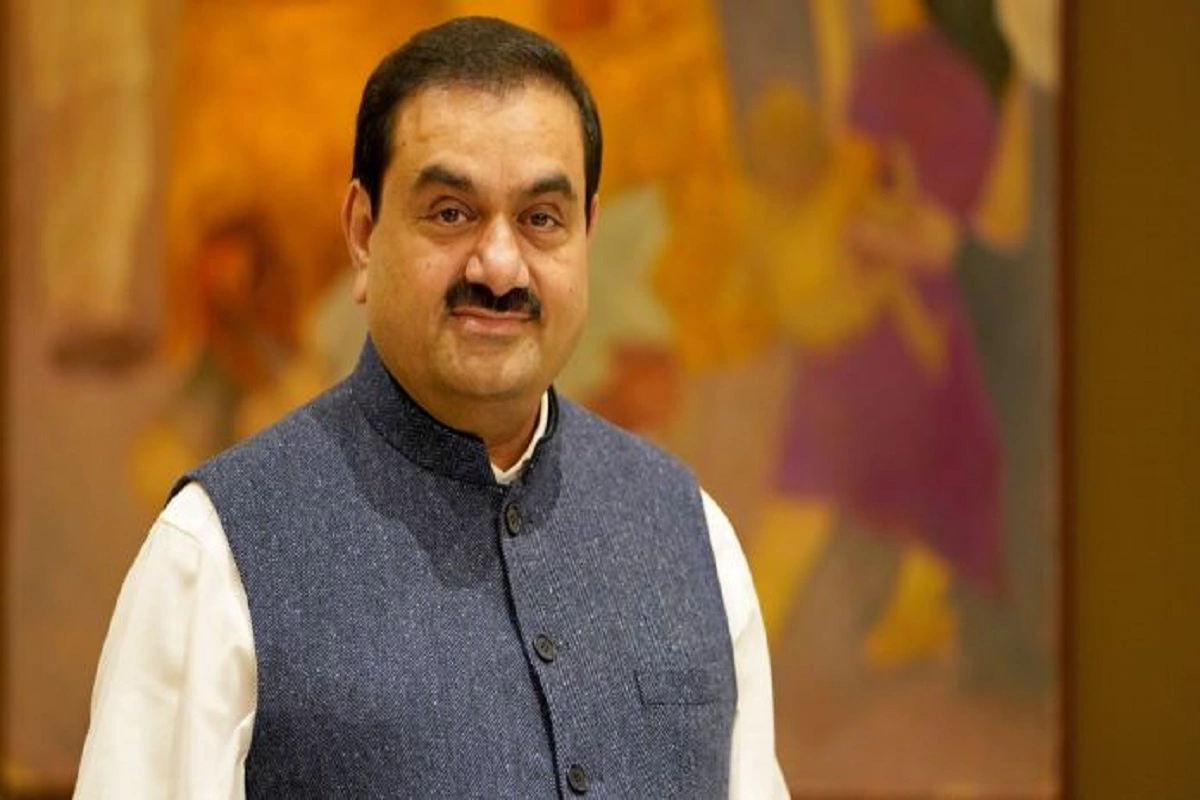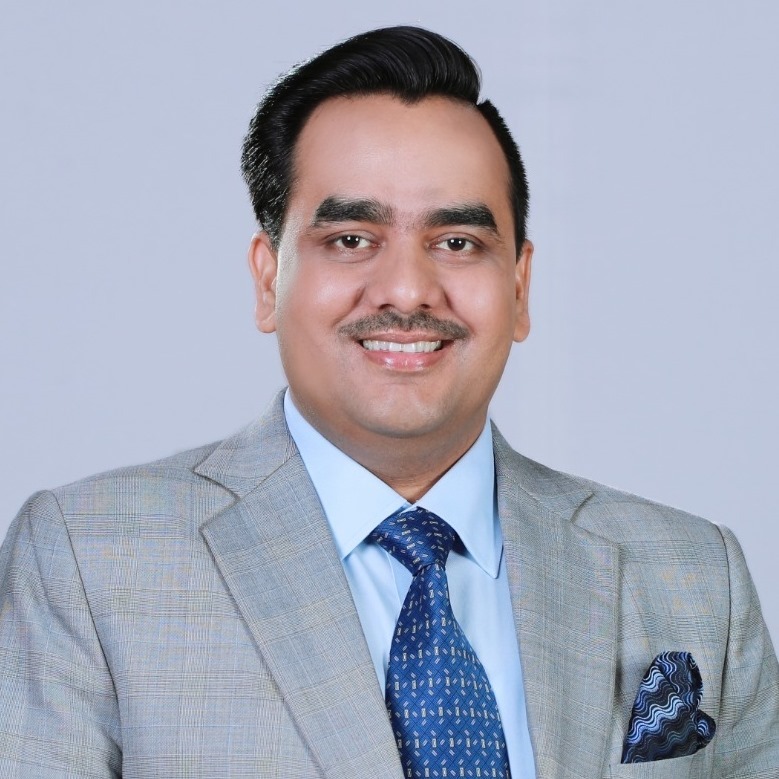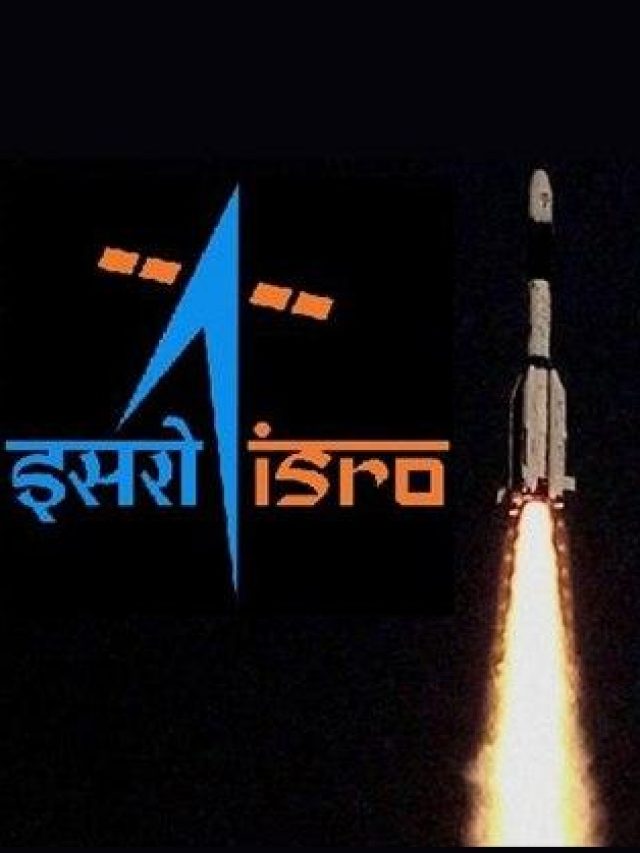
Gautam Adani's Philosophy of Philanthropy: A Beacon of Hope Amidst Tragedy
The unyielding nature of fate often deals us tragic blows, often leaving the weak and the marginalized even more vulnerable. Such was the case with the dreadful triple-train accident in Odisha’s Balasore district, which stripped many innocent children of their parents’ love, protection, and provision. Amid this agonizing panorama, a ray of hope emerged in the form of Gautam Adani, the chairman of the Adani Group, who stepped forward, vowing to take responsibility for the school education of these children.
The act, in essence, is a manifestation of Adani’s philanthropic philosophy that beautifully interweaves compassion, responsibility, and sustainability.
Gautam Adani’s philosophy of philanthropy begins with a profound belief in the transformative power of education. He views education as a critical tool for alleviating poverty and steering societal progress. By pledging to take up the educational responsibilities of the affected children, Adani has underlined his faith in empowering the younger generation, thus effectively enabling them to break the cycle of hardship. This action is a testament to the old Chinese proverb: “Give a man a fish and you feed him for a day; teach a man to fish and you feed him for a lifetime.”
Adani provided financial assistance to children orphaned in the Morbi Bridge collapse
In the wake of the Morbi bridge collapse tragedy in 2022, Adani Foundation created a Rs.5 crore deposit to provide refuge and education to 20 children, including an unborn child, who lost a parent in the catastrophe.
On October 30, a cable suspension bridge built in 1880 in Morbi town fell, throwing people into the Machchhu River, killing at least 135 people, including women and children, and injuring over 100 more.
“Among the most severely impacted are the children, many of whom have yet to be informed that their mother, father, or both parents will never return home.” In this time of enormous sorrow, the very least we can do is ensure that these children have the opportunity to grow, receive a proper education, and lead fulfilling lives. This is why we decided to establish a fund to provide the financial assistance they require during their growing-up years,” Dr Priti G Adani, Chairperson of the Adani Foundation, had stated.
Similarly, in November 2022, Gautam Adani supported the medical treatment of a little girl named Manushree who was fighting for her life at a hospital in Lucknow.
Adani’s philanthropic vision goes beyond monetary donations, instead leaning towards an approach that fosters sustainable development. This strategy is inherently evident in the recent commitment. Instead of providing immediate relief, he has chosen to invest in the long-term wellbeing and growth of these children, thus positioning them for a brighter future. This reflects Adani’s belief that the essence of philanthropy lies in its capacity to bring lasting change, hence his inclination towards the concept of “developmental philanthropy”.
Adani’s Free Schools across India
The Adani Foundation’s determination to make quality education available and affordable to as many children as possible has resulted in the establishment of various free and subsidised schools across India. Many smart learning programmes, as well as schemes to adopt government schools, are being implemented in distant locations to ensure that children reach their full potential.
It also helps Aanganwadis and Balwaadis by providing a fun environment for the kids. These educational methods are both replicable and scalable.
Adani Vidya Mandirs
Adani Vidya Mandirs offer fully free high-quality education, as well as free transportation, uniforms, books and nutritious food to deserving children from economically disadvantaged backgrounds. These schools, which have cutting-edge infrastructure and facilities, are currently operating in Gujarat’s Ahmedabad and Bhadreshwar, as well as Chhattisgarh’s Surguja.
The Adani Foundation provides subsidized quality education to more than 3300 students through the following schools:
- Adani Public School in Mundra (Gujarat)
- Adani Vidyalaya in Tirora(Maharashtra)
- Adani Vidyalaya in Kawai (Rajasthan)
- Navchetan Vidyalaya in Junagam(Gujarat)
- Adani DAV Public School in Dhamra(Odisha)
- Navayuga World School in Krishnapatnam(Andhra Pradesh)
Adani Public School at Mundra, Gujarat is an English medium, CBSE affiliated, co-educational school. It has become the first school in Kutch and Saurashtra region to receive the NABET Accreditation.
Adani Vidyalayas cater to children from the surrounding communities of Tirora in Maharashtra and Kawai in Rajasthan.
Navchetan Vidyalaya is situated at Junagam in Hazira, Gujarat. To promote education amongst the regional populace, the school provides free food and academic material support such as uniforms, notebooks, workbooks, textbooks and stationery to the students.
Adani DAV Public School caters to students from the nearby communities of Bhadrak District of Odisha. This international standard school is run by the Adani Foundation in collaboration with the DAV College Trust.
Navayuga World School in Krishnapatnam, Andhra Pradesh is a coed, CBSE affiliated, English medium school. It emphasizes highly on project based learning and sports.
Responsibility
Responsibility is another cornerstone of Adani’s philosophy. The Adani Group’s commitment exemplifies corporate social responsibility, a principle that has been at the heart of Adani’s business practices for years. He has consistently maintained that businesses, particularly large corporations, should play an active role in addressing societal challenges. His recent action underlines this principle, reinforcing the belief that businesses should extend their influence beyond profit-making, to positively impact their communities.
Additionally, Adani’s philanthropy aligns with the ethos of compassionate capitalism, demonstrating an understanding of interconnectedness and shared responsibility.
Gyanodaya
Gyanodaya is an Adani Foundation online education initiative that assists children from rural areas in Jharkhand’s Godda district (designated as an aspirational district by NITI Ayog). It is delivering a cutting-edge interactive curriculum through smart classrooms in conjunction with the Godda District Administration and Eckovation Pvt Ltd, furthering Sustainable Development Goal (SDG) 4, i.e. excellent education.
Gyanodaya has successfully reduced dropout rates, increased attendance rates, and provided demonstrable outcomes of students’ exam achievement. The project, which began in 2018, has reached 70,000 kids across the district’s 276 schools. The Godda district’s passing percentage in the 2019-20 class 10 board test reached 75%, up from 66% in 2018-19 and 50% in 2017-18. In addition, the project has trained instructors from 330 schools in preparation for 2021-22. The State Government has decided to implement the Gyanodaya model throughout the state based on the learning outcomes achieved by children in this district.
Despite the coronavirus-induced restrictions, the online education system has enabled lakhs of youngsters to learn remotely. Gyanodaya Rath, a well-equipped van, is used to bring digital learning to students’ doorsteps in non-network zones.
During COVID19, the project touched 70,000+ kids in 276 schools and 30 lakh children through Doordarshan Jharkhand.
Recognizing the tragedy that befell the children of Balasore district as a collective failure, Adani stepped in to fill the gap, offering hope and a sense of security to those whose lives have been uprooted. His action demonstrates empathy, compassion, and a keen awareness of the responsibilities that accompany wealth and success.
Ultimately, Gautam Adani’s philanthropy transcends a mere act of charity, being firmly rooted in his belief in the transformative potential of education, health initiatives, livelihoods, the importance of corporate social responsibility, the necessity for sustainable interventions, and the essence of compassionate capitalism. The Adani Group’s recent pledge to the children orphaned by the Balasore train accident offers a shining example of this philosophy.
While philanthropy cannot erase the pain and suffering caused by such a horrific event, it can offer a lifeline, providing a means for the victims to rebuild their lives. Through this act of kindness, Gautam Adani not only offers material support but also delivers a profound message of resilience and hope to the children affected, indeed to us all, reaffirming that in the midst of despair, humanity can still shine brightly.






































